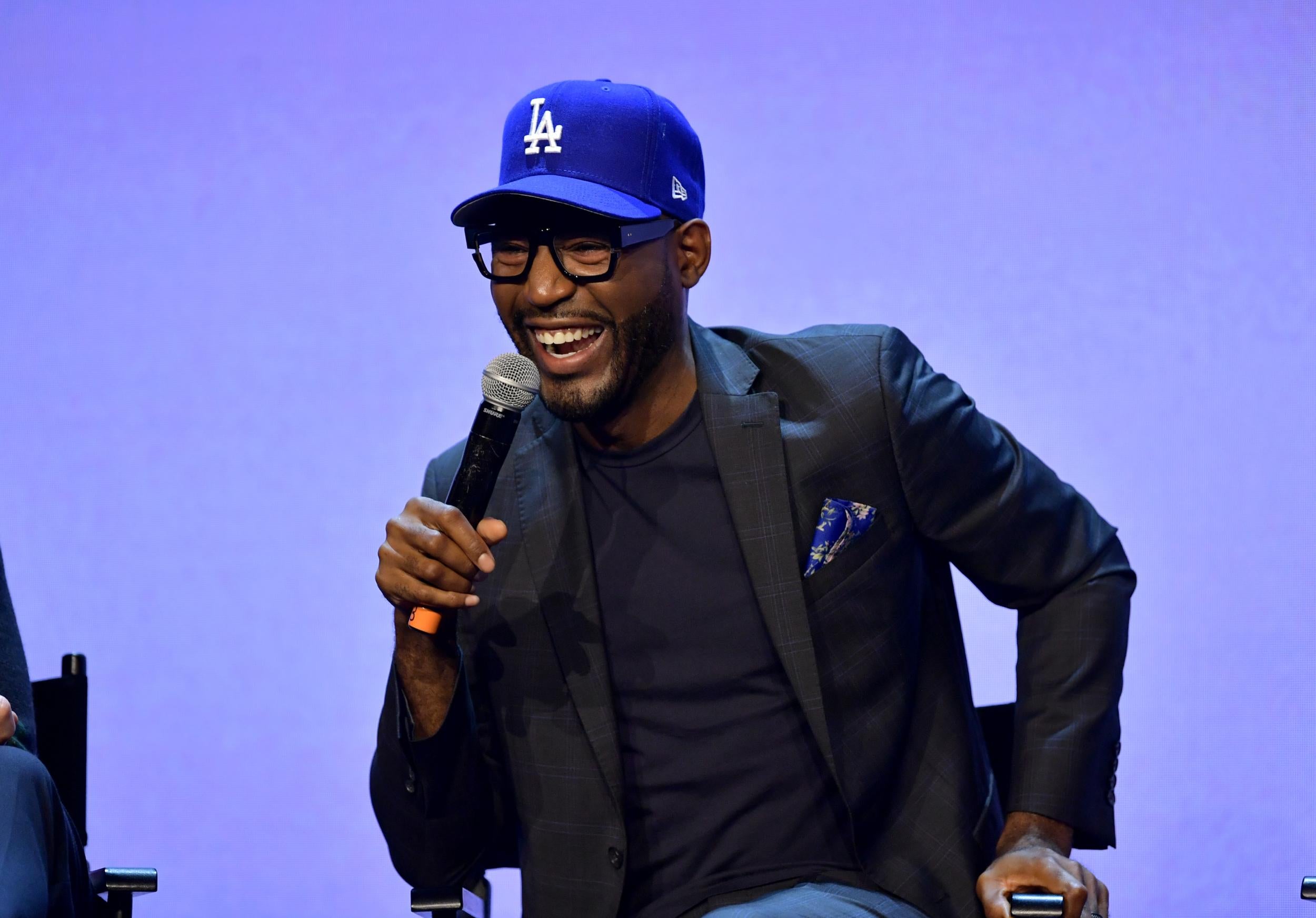‘Falling on deaf ears’: Queer Eye’s Karamo Brown sparks online discussion about ableist language
Brown's friend described his concerns as 'oversensitive'

Your support helps us to tell the story
From reproductive rights to climate change to Big Tech, The Independent is on the ground when the story is developing. Whether it's investigating the financials of Elon Musk's pro-Trump PAC or producing our latest documentary, 'The A Word', which shines a light on the American women fighting for reproductive rights, we know how important it is to parse out the facts from the messaging.
At such a critical moment in US history, we need reporters on the ground. Your donation allows us to keep sending journalists to speak to both sides of the story.
The Independent is trusted by Americans across the entire political spectrum. And unlike many other quality news outlets, we choose not to lock Americans out of our reporting and analysis with paywalls. We believe quality journalism should be available to everyone, paid for by those who can afford it.
Your support makes all the difference.Karamo Brown has sparked a thought-provoking discussion on Twitter about whether certain everyday idoms are ableist.
The Queer Eye star shared a recent conversation he’d had with a friend who said “I feel like my message is falling on deaf ears.”
Brown commented that the phrase seemed “disrespectful and rude” to the deaf and hard of hearing communities, while his friend dismissed this as being “oversensitive.”
He then asked his followers for their thoughts on the matter, with many appreciating his thoughtfulness.
User @gdimelow said, “I can see that your sensitivity comes from a good place, but I think the intention of the phrase is that the ‘deafness’ is wilful. It’s the same as asking someone refusing to recognise the truth, “How can you be so blind?”
In response, @elfboone said: “I think that’s the problem. It minimizes the actual struggles of disabled people and reduces their deafness to a choice.”
One user said, “I have an auditory processing disorder and I've never liked that saying. It makes me feel like I'm being lumped in with those who intentionally don't listen to others. So I'd say you're totally right!”
@life_laughter said: “Thank you! I don’t like the phrase because it implies that deaf people can’t listen. I put 10x more effort into communicating than hearing people. Thank you for being aware & using your platform to recognize and elevate Deaf/HOH perspectives.”
This isn’t the first time Brown has used his platform to show his support for the deaf and hard-of-hearing communities.
In June 2018, Brown pledged to speak directly with Netflix to bring about change in relation to how the show is close captioned.
Fans of the show had complained that subtitles censor profanities or are blatantly inaccurate, which some viewers argued was ableist.
In response, Karamo wrote: “Reading everyone’s comments breaks my heart. I don’t know how much power I have but know, the next time I’m at Netflix I’m going to bring up this issue internally & wont stop until something changes. Deaf & HOH people should have the same experience as everyone else! #TypoFixed”
Ableism, as outlined by StopAbleism.org, is defined by "the practices and dominant attitudes in society that devalue and limit the potentials of persons with disabilities".
The organisation explains that this can make people with disabilities feel "inferior" to others.
Join our commenting forum
Join thought-provoking conversations, follow other Independent readers and see their replies
Comments